Canada's Trudeau Resigns as Liberal Party Leader, Marking the End of His Time in Power
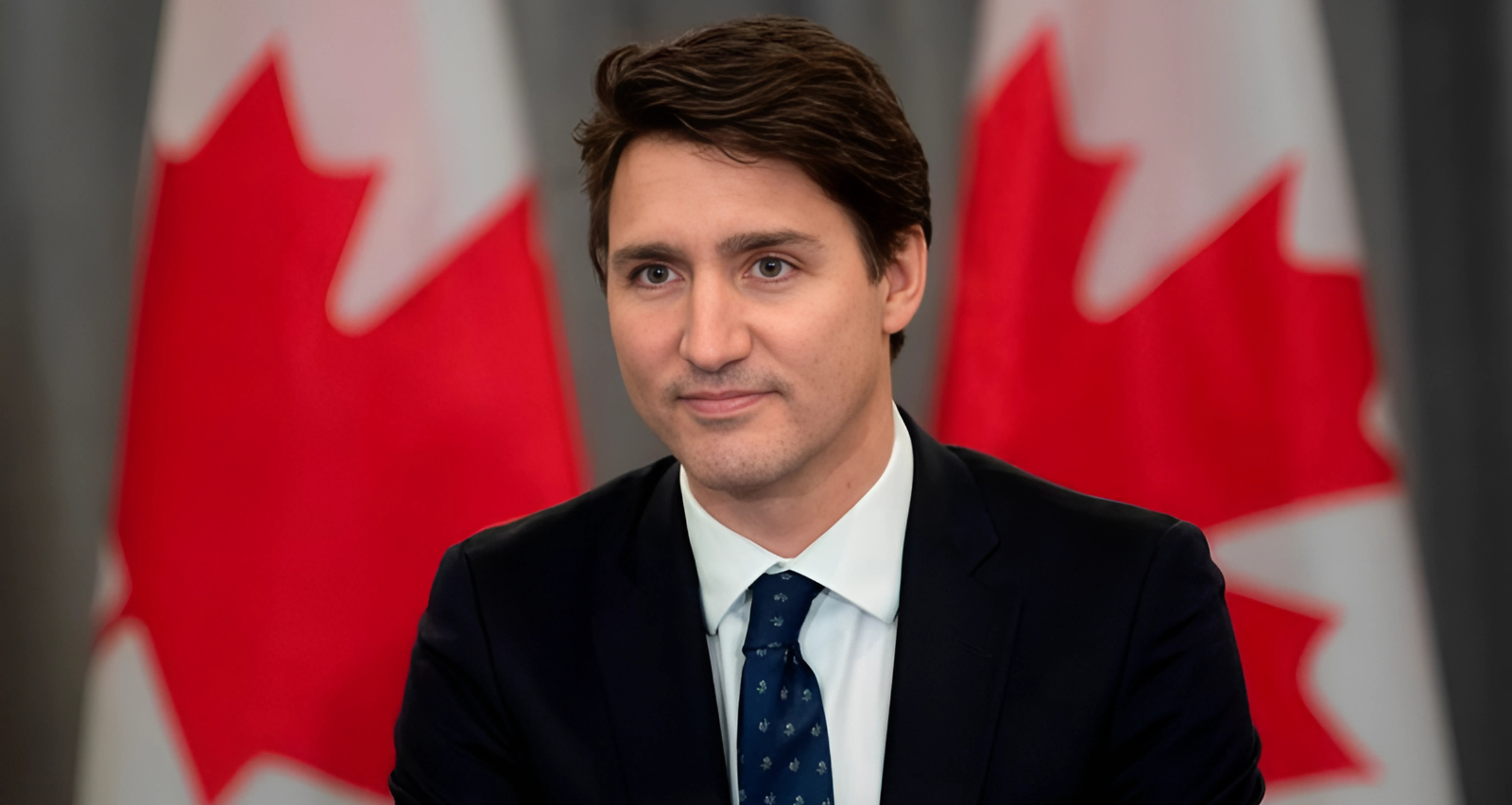
Canadian Prime Minister Justin Trudeau announced his resignation on Monday amidst growing discontent over his leadership and following the sudden departure of his finance minister, signaling increasing turmoil within his government.
Trudeau stated that "internal battles" have led him to conclude that he "cannot be the best option" in the upcoming election. He confirmed he would remain in office until a new Liberal Party leader is selected.
An official familiar with the situation disclosed that Parliament, originally scheduled to resume on January 27, will now be suspended until March 24 to facilitate a leadership race within the Liberal Party. The official spoke on the condition of anonymity due to restrictions on discussing the matter publicly.
All three main opposition parties have expressed plans to challenge the Liberal Party in a no-confidence vote when Parliament reconvenes, making a spring election for a permanent leader nearly inevitable.
Trudeau, who came to power in 2015 after a decade of Conservative rule, was initially lauded for steering Canada back to its liberal roots. However, in recent years, the 53-year-old son of one of Canada's most iconic prime ministers became deeply unpopular. Voters criticized his handling of issues such as rising food and housing costs, and increasing immigration.
His political struggles come at a critical time for Canada on the global stage. U.S. President-elect Donald Trump has threatened to impose a 25% tariff on all Canadian goods if the Canadian government fails to curb what he deems a flow of migrants and drugs. Despite these concerns, far fewer migrants and drugs cross from Canada into the U.S. compared to Mexico, which has also been a target of Trump’s threats.
Canada, a major exporter of oil, natural gas, steel, aluminum, and automobiles to the U.S., faces the prospect of economic repercussions from these looming trade tensions.
Trudeau has remained publicly silent in recent weeks despite intensifying calls for his resignation. "His long silence following this political drama speaks volumes about the weakness of his current position," said Daniel Béland, a political science professor at McGill University in Montreal.
The resignation of Canada's former finance minister, Chrystia Freeland, on December 16, was a major blow to Trudeau's government. Freeland, who had also served as deputy prime minister, criticized Trudeau's economic priorities in the face of Trump's threats. The resignations, which came shortly after the housing minister stepped down, raised serious doubts about Trudeau's ability to continue leading the country.
Freeland and Trudeau had clashed over policies such as a temporary sales tax holiday and plans to send a check to every Canadian citizen. Freeland, a staunch advocate of fiscal responsibility, argued that the country could not afford “costly political gimmicks” amid growing trade threats.
In the wake of these events, Trudeau's plan to run for a fourth term in next year’s election seems increasingly unlikely. The Liberal Party has recently faced defeats in two districts in Toronto and Montreal, which it had traditionally dominated. No Canadian prime minister has won four consecutive terms in over a century, and current polling suggests Trudeau's chances for success are slim. A recent poll by Nanos shows the Liberals trailing the Conservatives by 47% to 21%.
During his time in office, Trudeau championed a variety of liberal causes, including immigration, diversity, gender equality, and the legalization of cannabis. However, his efforts to balance economic growth with environmental protection have faced criticism from both sides of the political spectrum. He introduced a carbon emissions tax and supported a pipeline expansion project to facilitate the export of Alberta’s oil.
Trudeau’s administration successfully managed the COVID-19 pandemic, with fewer deaths in Canada compared to other countries, and provided significant financial support to citizens. However, his policies, including vaccine mandates, led to growing animosity, particularly in rural areas, where his name became synonymous with disdain.
Trudeau's family legacy is significant: his father, Pierre Trudeau, served as prime minister from 1968 and became a renowned figure in Canadian and global politics. Justin Trudeau, known for his good looks and charisma, initially faced criticism due to his age but later won a sweeping victory in 2015. He is a former teacher, nightclub bouncer, and snowboard instructor, and he has three children with his now-estranged wife, a former model and TV host.




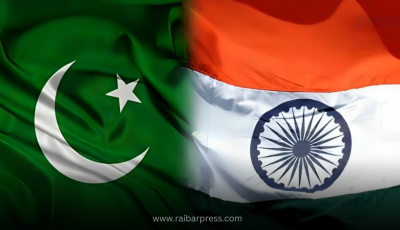
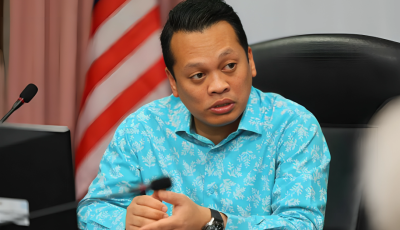

.png)

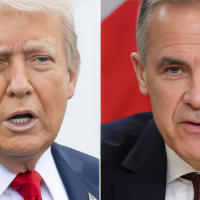

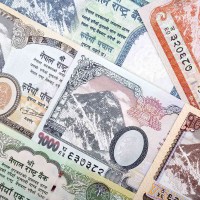
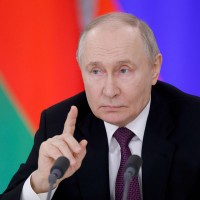



तपाईको प्रतिक्रिया दिनुहोस